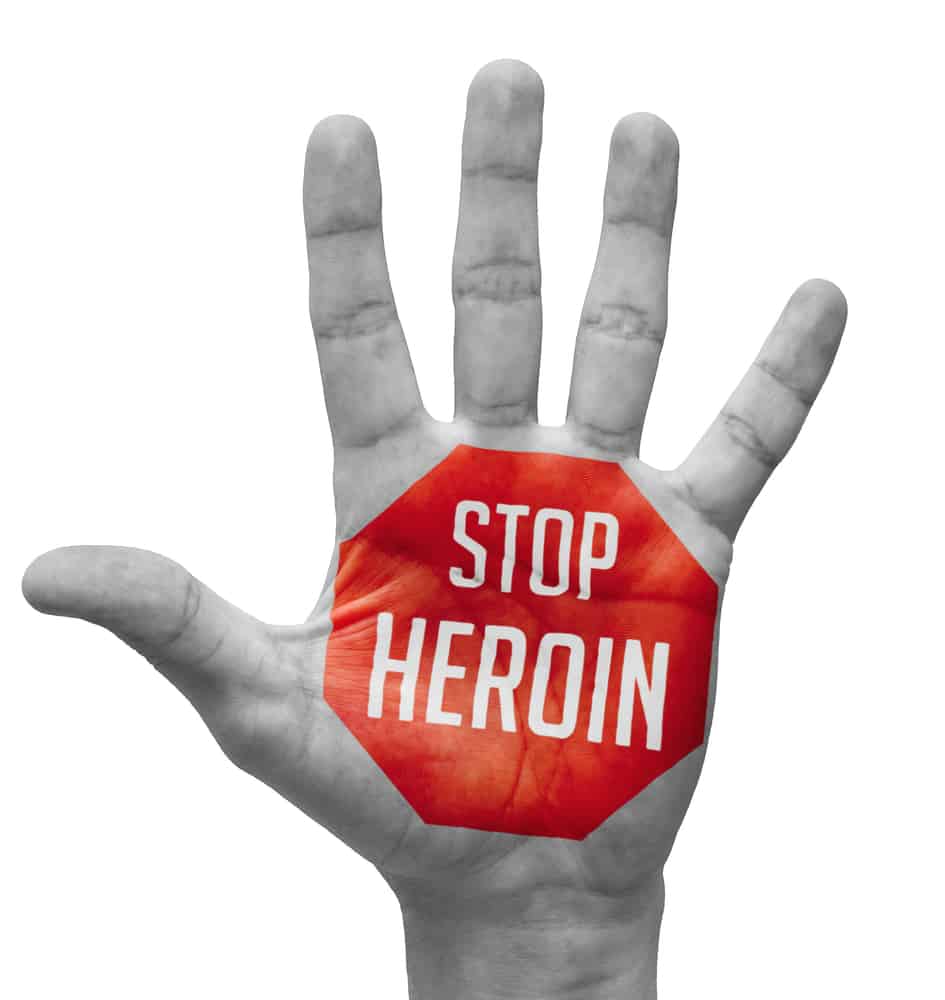How Black Tar Heroin is Different from White Heroin
For as long as man has existed, drugs in various forms have been a deliverance as well as a curse. Heroin, a derivative of opium from the poppy plant, has certainly traveled that path. Opium has given rise to other drugs besides heroin, including morphine and codeine, among others. All of these have been used as prescription drugs at some point in time, but only the latter two are now in legal use. It was determined early on that heroin was far too addictive to be safely prescribed for medical purposes.
The traditional way to synthesize and produce heroin requires time, special equipment, chemicals, and money. The end product of this process is a fine, white powder that is essentially free from impurities. While this is profitable for producers in the long run, others found ways to shorten the process by eliminating the use of complicated lab equipment and chemicals that purify the drug. The result was black tar heroin— often called black tar for short—a sticky, dark substance with far more toxic properties than white heroin. The purity of any given sample can range between 20-80% per batch, meaning that users never really know the concentration of the drug they are ingesting. As a result of the added impurities and highly variable concentration of black tar, black tar heroin effects are far more dangerous than those experienced with white heroin.
Black Tar Heroin Facts: Its Allure and Appeal
Due to its highly addictive qualities, heroin has been a leading illegal drug for decades in the United States. Smoking black tar heroin, in particular, is on the rise because black tar is sold as a cheaper form of heroin, appealing to addicts who need to frequently feed their addiction. Heroin acts as a depressant on the body’s nervous system, slowing down the body and the brain. This drug is converted to morphine in the blood, so users feel an immediate rush and sense of euphoria or well-being. The result is a brain craving that compels the user to want more and more of the drug to feel the same effects.
The heroin overdose of celebrity Philip Seymour Hoffman brought forth other statistical heroin facts to the surface. For example, many users believe that smoking or snorting heroin instead of injecting it is safer. The reality is that any method of heroin use is dangerous and addictive.
Another popular myth is that heroin is an old-fashioned drug that doesn’t affect too many people these days. In truth, the United States Substance Abuse and Mental Health Administration (SAMHSA) reported in its 2012 survey of drug use nationwide that 156,000 people ages 12 years and older reported using heroin for the first time. That’s in addition to the 4.2 million estimated people in 2011 who had used it at least once in their lives as reported by the National Institute on Drug Abuse.
Symptoms of Heroin Addiction
Symptoms of heroin addiction vary over time. Short-term symptoms may include one or more of these signs:
- Flushed skin
- Shortness of breath
- Contracted pupils
- Dry mouth
- Suppressed appetite
- Cycling between hyper-alertness and lethargy
These symptoms will intensify as use increases. Prolonged use of heroin eventually affects deeper physiological and psychological processes, including extreme variations in moods and responses to others. Users who were once trusting, caring individuals often begin to exhibit paranoid, disinterested, manipulative, even violent behaviors. Severe depression and clouded judgment can make even the simplest decisions and tasks seem overwhelming. Eventually, the drive of the user is all about when, where and how to obtain the next fix.
Long term heroin use side effects may include:
- Infection of HIV, AIDS, or hepatitis from improper needle use.
- Bacterial infections and skin abscesses.
- Collapsed veins.
- Infections in the heart valves or lining of the heart.
- Rheumatoid problems, including arthritis.
- Failure of the liver and other organs
- Depressed respiratory functioning.
- Death
All of these breakdowns in the body indicate heroin use. But heroin users may also suffer from a heroin overdose. Symptoms of an overdose are severe shortness of breath or other signs of breathing difficulties, weak pulse, a bluish tinge to nails or lips, severe drowsiness, disorientation, delirium, or coma.
For users of the black tar drug, there may be other overdose dangers related to the quantity of impurities present. Once any heroin overdose symptoms are apparent, timely intervention and emergency response are critical for optimal survival chances.
The Importance of Treatment for Black Tar Drug Use
Individuals who have been smoking black tar and have become addicted to this drug, or any other substance for that matter, should seek professional help right away. Those who are suffering from addiction may not know where to begin when it comes to getting help. They may feel overwhelmed by the effects of heroin abuse in their lives. It’s not easy to come to grips with the fact that addiction has entered your life. But, here at Northbound Treatment Services, we understand what you’re going through and we want to offer you the help that you need.
Heroin users quickly develop tolerance to the effects of heroin, requiring higher and higher dosages to maintain their high. This physical dependence is the basis for addiction. Once established, withdrawal from heroin addiction is an extremely difficult process. Addicts will suffer from nausea, diarrhea, vomiting, sweats, shakes, drug craving, insomnia and other debilitating symptoms. Symptoms of heroin withdrawal usually last between 48-72 hours.
The withdrawal process is far from easy or comfortable. It’s especially difficult when you’re working to end substance use and addiction on your own. Not only is it uncomfortable, but it can also be dangerous. This is why we offer a professional detox program for those who want to overcome heroin addiction problems.
After completing the detox program here, those in recovery will be encouraged to enroll in a behavioral therapy program. Both inpatient and outpatient programs offer support for recovery and offer the best opportunities for full recovery from heroin drug addiction. Success rates will vary, but for those who commit to a sober living program after detox, their chances of living a life free from addiction are significantly improved.
If you are ready to overcome black tar drug use for good, just contact us today! Call (855) 858-6803.











